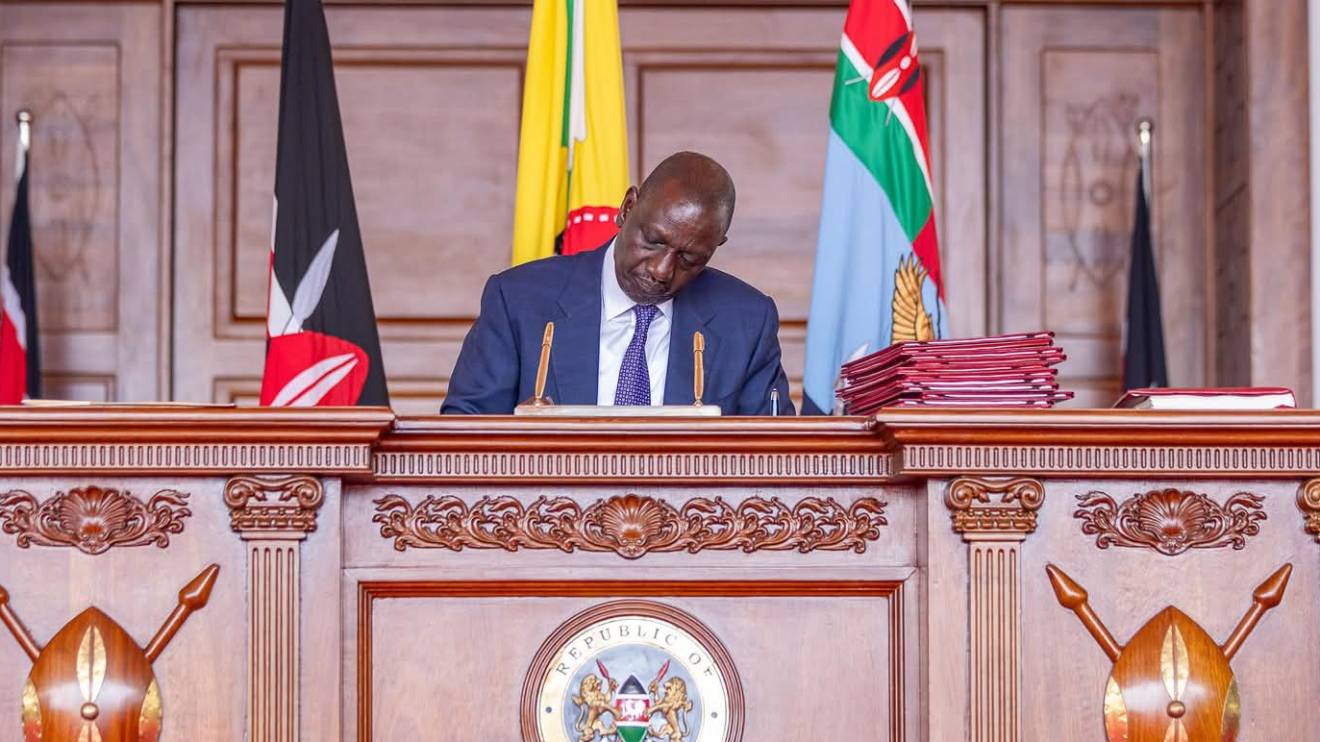In a bid to foster economic growth and empower local businesses, the Kenyan government is pushing forward legislation to limit the dominance of foreign firms in state procurement deals.
The proposed Public Procurement and Asset Disposal (Amendment) Bill, 2024, introduces a provision to reserve all public tenders below Sh1 billion exclusively for local firms, ensuring that only local companies benefit from smaller contracts.
Foreign companies will still be allowed to participate in larger tenders, valued over Sh1 billion, but only if they form partnerships with local firms, securing at least 30 per cent of the contract’s value for the Kenyan company involved.
"The principal object of the bill is to amend the Act to prescribe the threshold of procurements that shall be awarded to local firms," the Bill declares.
Sponsored by National Assembly Finance Committee chairman Kuria Kimani, the Bill has been published and is awaiting introduction to the National Assembly for its first reading.
Read More
Kenyan firms have often struggled to compete against international corporations, particularly those from China, which have access to affordable financing and advanced technology.
This financial disparity frequently forces local companies to withdraw from high-stakes tenders.
The new law aims to level the playing field, reducing the procurement challenges that local firms face.
According to the Bill, “any procurement less than Sh1 billion shall be awarded to a local firm.”
For projects exceeding this amount, a foreign company can participate only under joint ventures with a local counterpart, where at least 30 per cent of the contract is awarded to the Kenyan entity.
Additionally, the procuring agency is required to outline specific goods, services, and tasks that the local company will deliver within the joint venture.
The Bill also establishes strict penalties for any individual who registers a business on behalf of a foreigner in an attempt to access local tenders unfairly.
"A foreigner who registers a company by misrepresenting himself or herself as being Kenyan, exhibiting unfair competition and seeking to benefit from procurement, shall commit an offence,” the Bill stipulates.
Offenders face a jail term of five years, a fine of Sh5 million, or both. Those guilty of aiding such schemes risk up to three years imprisonment or a fine not exceeding Sh5 million.
To further support the local manufacturing and service sectors, the Bill mandates procuring entities to source 40 per cent of their goods and services from Kenyan providers.
“The Bill further seeks to ensure procuring entities shall set out specific goods, works and services to be undertaken by a local firm in joint venture procurement,” it explains.
To monitor adherence, procurement entities will report quarterly to the National Treasury, with updates on compliance efforts submitted directly to the Cabinet Secretary.
Treasury will publish a Preferential Procurement Master Roll, listing locally manufactured goods that must be prioritised for procurement.
The Bill emphasises prompt payment to prevent a backlog of pending bills, a perennial issue for local contractors. It also mandates stringent oversight to prevent the delivery of substandard goods and services.
“A person who certifies or delivers substandard goods or works that are incomplete, non-existent, or whose quality is below specifications contained in the contract commits an offence,” the Bill asserts.
Individuals convicted under this clause face fines of up to Sh1 million or a minimum five-year prison sentence, while corporate offenders may incur fines of up to Sh10 million.
If enacted, the Bill is expected to bolster local industries and create more opportunities for Kenyan businesses, setting the foundation for a more self-sustained economy.









